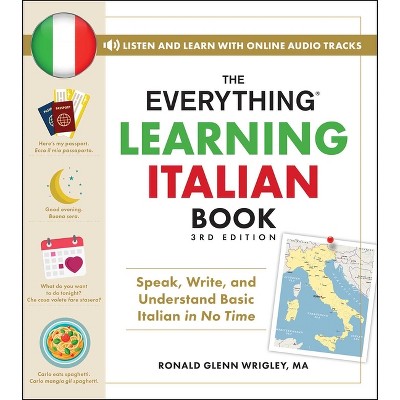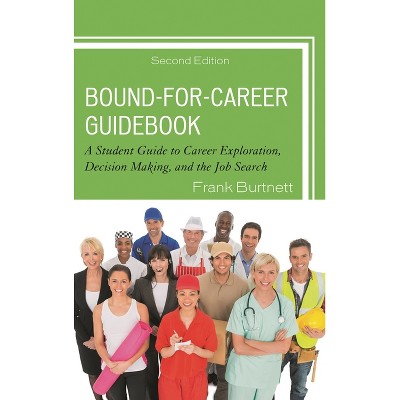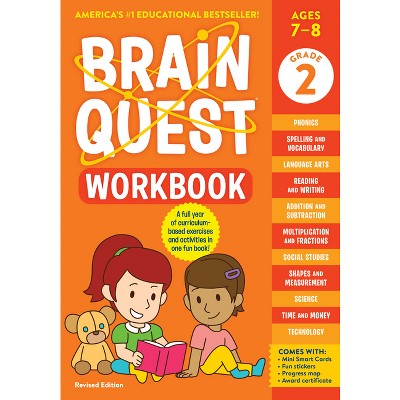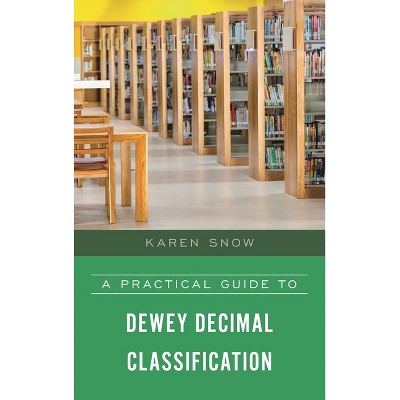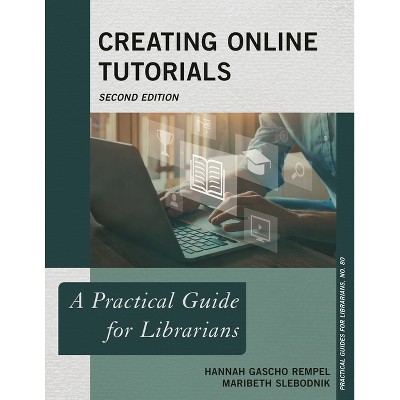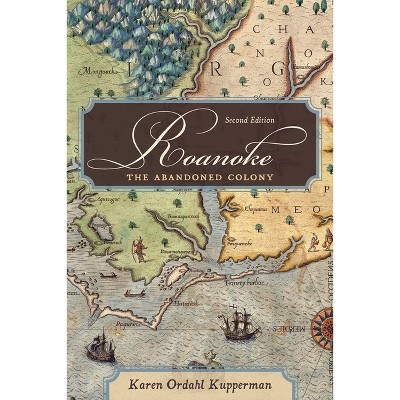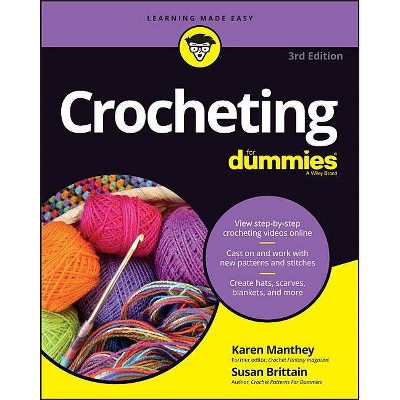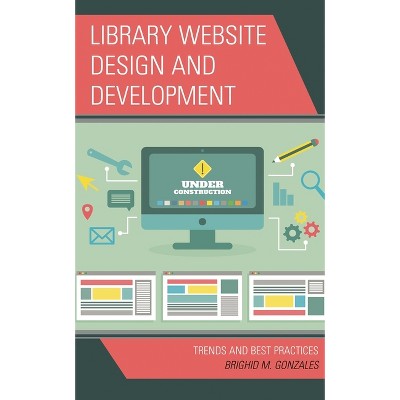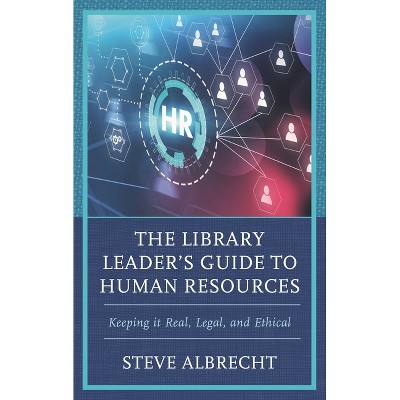Sponsored

Online Searching - 3rd Edition by Karen Markey (Paperback)
In Stock
Sponsored
About this item
Highlights
- Online Searching puts aspiring librarians working in all types of institutions on the fast track to becoming expert searchers, the intermediaries who unite information users with trusted sources that satisfy their information needs.
- About the Author: Karen Markey is a professor emerita in the School of Information at the University of Michigan.
- 294 Pages
- Language + Art + Disciplines, Library & Information Science
Description
About the Book
Online Searching puts aspiring librarians working in all types of institutions on the fast track to becoming expert searchers, the intermediaries who unite information users with trusted sources that satisfy their information needs.Book Synopsis
Online Searching puts aspiring librarians working in all types of institutions on the fast track to becoming expert searchers, the intermediaries who unite information users with trusted sources that satisfy their information needs.
Review Quotes
Cheryl Knott's updated edition of Online Searching includes a whole chapter, plus multiple references throughout, on the important role of publicly available web search engines like Google, Bing, and DuckDuckGo in serving information needs for a variety of clients. This subject matter, a welcome addition to the comprehensive exploration of traditional academic databases, provides librarians and other information professionals an opportunity to review and refresh their web search skills in order to communicate good practices to clients.
I have adopted this most authoritative, research/theory-based, and practical textbook of Online Searching: A Guide to Finding Quality Information Efficiently and Effectively since its first edition. Students voted it as the best textbook for the course of information storage and retrieval and online searching. The third edition not only answers the questions of 'Why Scholarship is Not Free?' but also the question of 'What is Google?' The timely inclusion of Chapter 8 Web Search Engines greatly satisfies such curiosity and enhances professional online searching services and personal online searching skills.
The textbook is empowered by helpful videos of each topic to let the visual speak. Such visual and audio enrich the learning experience. The third edition provides additional video interviews of reference librarians and experts in the field. It is a multimedia digital textbook for online searching.
Markey's all-inclusive textbook on online searching, first published in 2015, is now available in a third edition, revised by Knott. Knott's revisions add variety to Markey's authoritative voice, ensuring that this work will continue to be an essential part of LIS curricula.... This text abounds with succinct yet comprehensive instruction that maintains relevancy for today's students and practitioners. For example, the chapter "Assessing Research Impact" contains information on Dimensions AI, an increasingly popular AI-based scientific research database. Knott and Markey also provide thoughtful guidance on conducting the reference interview. Librarians may appreciate the reminder to know when to stop searching, which brings to mind the adage "Librarians like to seek, users like to find." Though written with LIS students and faculty in mind, this volume will be of use to any librarian wishing to update their online searching skills.
Online Searching: A Guide to Finding Quality Information Efficiently and Effectively, Third Edition aptly provides contexts and tools for online searching. Library and Information Science educators, students, and practitioners will appreciate this text as a companion to information seeking. This book is compelling and provides real-world examples of theoretical foundations and practical skills for readers.
This third edition brings new updates and additions to an already successful text. The two authors definitely captured the latest on the ever-changing scene of information searching and information retrieval. The chapter on web search engines' enhanced searching and indexing capabilities introduces information seekers to running more complex searches enabling them to retrieve more relevant information from the Internet. Markey and Malone also highlight the research impact numbers associated with scholars' productivity, a recent feature added by many databases and publishers. I'm looking forward to introducing the new edition to the students in my advanced online searching class.
About the Author
Karen Markey is a professor emerita in the School of Information at the University of Michigan. Her experience with online searching began with the earliest commercial systems, Dialog, Orbit, and BRS; the first end-user systems, CD-ROMs and online catalogs; and now centers on today's web search engines and proprietary search systems for accessing surrogate and source databases of full texts, media, and numeric and spatial data. Since joining the faculty at Michigan in 1987, she has taught online searching to thousands of students in her school's library and information science program.
Cheryl Knott is a professor in the School of Information at the University of Arizona. Her experience with online searching began in 1988, when she became a reference librarian at the University of Texas and access to online databases involved dialing in via an external modem. For two decades she has taught online searching in undergraduate courses designed for end users and graduate courses designed for master's students in library and information science programs. Her book, Find the Information You Need! Resources and Techniques for Making Decisions, Solving Problems, and Answering Questions (Rowman & Littlefield, 2016), is designed for undergraduates.
